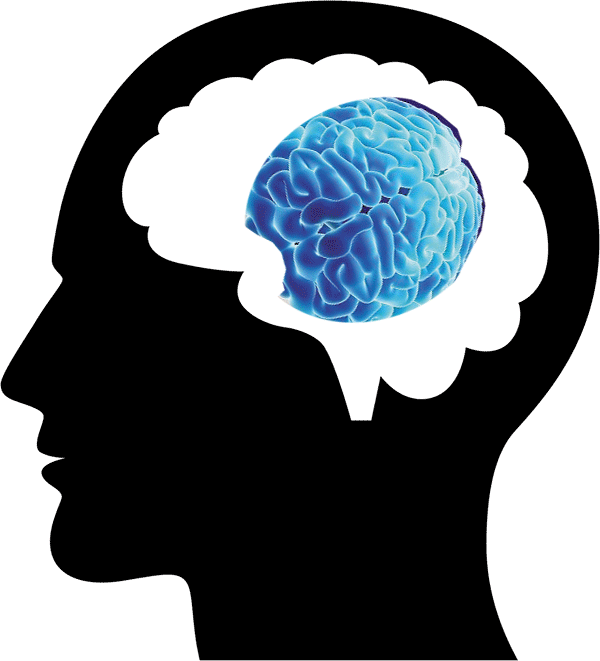

By: Dr.Layeeq-ur-Rahman Khan
IntroductionThe obsessive-compulsive personality disorder is characterized by emotional constriction, orderliness, perseverance, stubbornness, and indecisiveness. According to DSM-III-R, the essential feature of this disorder is a pervasive pattern of perfectionism and in flexibility. |
Epidemiology:The prevalence of the obsessive - compulsive personality disorder is unknown. It is more common in males than in females and is diagnosed most often in oldest children. The disorder also occurs more frequently in first degree biological relatives of persons with the disorder than in the general population. Patients often have backgrounds characterized by harsh discipline. Freud hypothesized that the disorder is associated with difficulties in the anal stage of psychosexual development, generally around the age of 2. However, in various studies that theory has not been validated. |
Clinical Feature:Persons with this disorder are preoccupied with rules, regulations, orderliness, neatness, details, and the achievement of perfection. These traits account for a general constriction of the entire personality. Such persons are formal and serious and often lack a sense of humor. They insist that rules be followed rigidly and are unable to tolerate what they perceive be infractins. Accordingly, they lack flexibility and are intolerant. They are capable of prolonged work, provided it is routinized and does not require changes to which they cannot adapt. Obsessive-compulsive personality disorder patients’ interpersonal skills are extremely limited. They alienate people, are unable to compromise, and insist that others submit to their needs. They are however, eager to please those whom they see as more powerful than themselves and carry out their wishes in an authoritarian manner. Because of their fear of making mistakes, they are indecisive and ruminate about making decisions. Although a stable marriage and occupational adequacy are common, obsessive compulsive personality disorder patients have few friends. Anything that threatens to upset the routine of these patients lives or their perceived stability can precipitate a great deal of anxiety that is other-wise bound up in the rituals that they impose on their lives and try to impose on others. |
Course and prognosis:The course of obsessive–compulsive personality disorder is variable and not predictable. From time to time, obsessions or compulsions may develop in the course of the personality disorder. Some adolescents with obsessive-compulsive personality disorder evolve into warm, open and loving adults, but in others, these traits can be either the harbinger of schizophrenia or decades later and exacerbated by the aging process major depression and melancholia. Persons with this disorder may do well in position demanding methodical, deductive, or detailed work, but they are vulnerable to unexpected changes, and their personal lives may remain barren. Depressive disorders, especially those of late onset, are common. |
Treatment:PsychotherapyUnlike patients with the other personality disorders, obsessive-compulsive personality disorder patients often know that they are suffering, and they seek treatment on their own. Free association and nondirective therapy are highly valued by the overtained, over socialized obsessive-compulsive personality disorder patients. However, the treatment of these patients is often long and complex, and counter transference problems are common. Group and behavior therapy occasionally offer certain advantage. In both contexts it is easy to interrupt the patients in the midst of their maladaptive interactions or explanations. Having the completion of their habitual behavior prevented raises patients’ anxiety and leaves them susceptible to learning new coping strategies. Patients can also receive direct rewards for change in group therapy, something less often possible in individual psychotherapies. Pharmacotherapy: Clonzepam ( Klonopin) is a benzodiazepine with anticonvulsant use that has reduced symptoms in patients with severe obsessive compulsive disorder is not known Clomipramine and fluxetine may be of use if obsessive-compulsive signs and symptoms break through. |